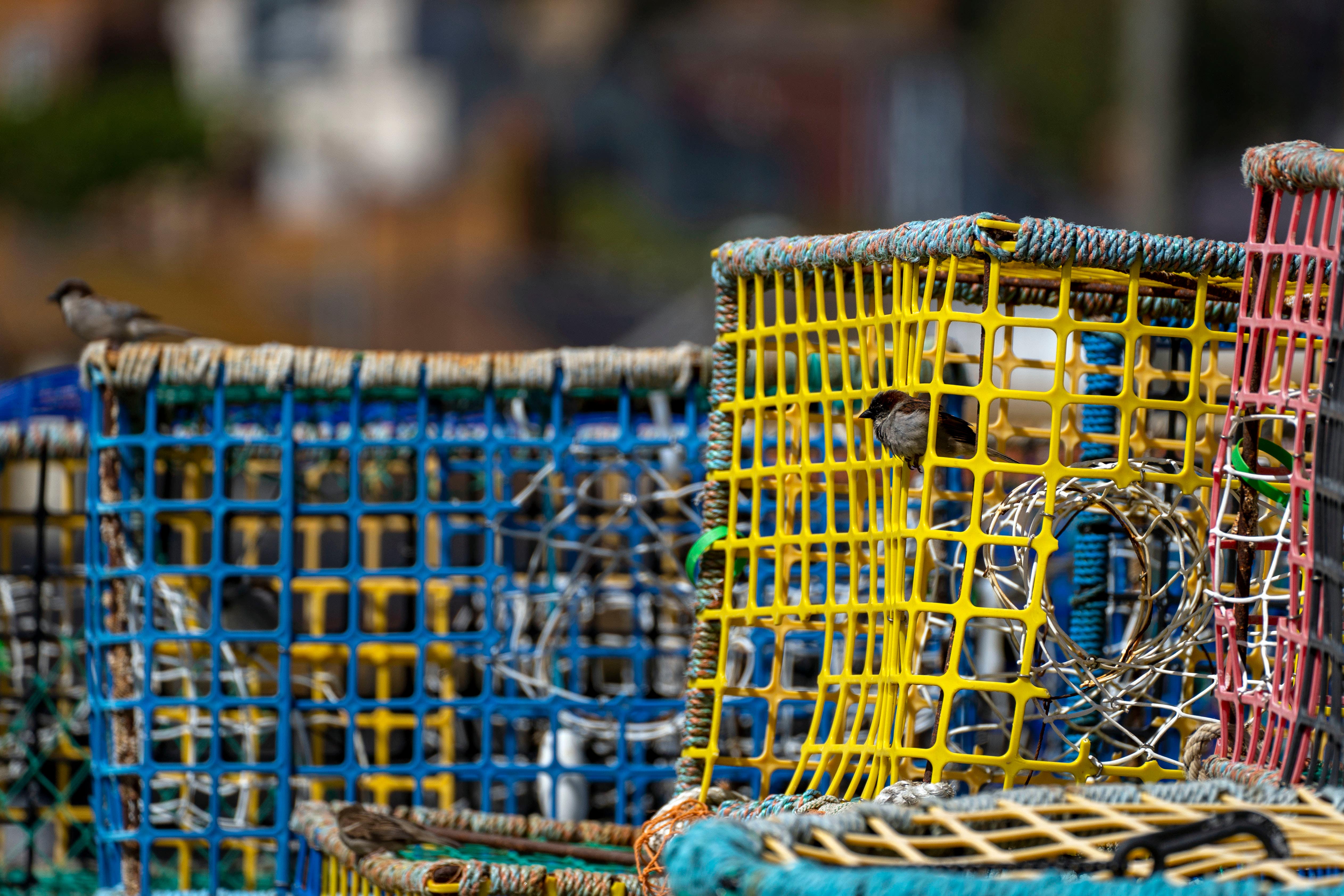Consultation launched on by-laws to prevent damaging fishing practices
Bottom trawling is a harmful activity in which weighted nets are dragged over the seabed, ploughing it up to catch fish.

Your support helps us to tell the story
From reproductive rights to climate change to Big Tech, The Independent is on the ground when the story is developing. Whether it's investigating the financials of Elon Musk's pro-Trump PAC or producing our latest documentary, 'The A Word', which shines a light on the American women fighting for reproductive rights, we know how important it is to parse out the facts from the messaging.
At such a critical moment in US history, we need reporters on the ground. Your donation allows us to keep sending journalists to speak to both sides of the story.
The Independent is trusted by Americans across the entire political spectrum. And unlike many other quality news outlets, we choose not to lock Americans out of our reporting and analysis with paywalls. We believe quality journalism should be available to everyone, paid for by those who can afford it.
Your support makes all the difference.A consultation on banning damaging fishing gear in certain areas of England’s waters has been launched by the Government in a bid to “protect vital marine ecosystems”.
As part of its environmental efforts, a proposed by-law will be considered to ban bottom-towed gear in 13 more marine protected areas (MPAs).
Should such restrictions come into effect, they would protect an area of more than 4,000 square kilometres and, when combined with existing by-laws, would bring the total area protected from such fishing gear to almost 18,000 square kilometres.
Bottom trawling is a harmful activity in which weighted nets are dragged over the seabed, ploughing it up to catch fish.
By-laws to prevent such activity are already in place in areas including Dogger Bank and The Canyons and are part of Marine Management Organisation (MMO) efforts to protect all 40 English offshore MPAs from harmful fishing activity by 2024.
The offshore sites included in the consultation are Cape Bank; East of Haig Fras; Farnes East; Foreland; Goodwin Sands; Haig Fras; Haisborough, Hammond and Winterton; Hartland Point to Tintagel; Land’s End and Cape Bank; North Norfolk Sandbanks and Saturn Reef; Offshore Brighton; South of Celtic Deep; Wight-Barfleur Reef.
The Department for the Environment described Cape Bank as being home to ecologically important species such as pea urchins and a type of starfish called a cushion star, while Haig Fras is a site that supports a variety of fauna including jewel anemones and solitary corals.
Oceana UK has raised concerns that the laws might not protect entire MPAs.
Executive director Hugo Tagholm said: “While we welcome more proposed by-laws to restrict damaging fishing activities in MPAs, we are concerned they only protect reef features and not the whole MPA.
“Destructive bottom trawling and dredging inflict huge damage to biodiversity and the health of unique marine ecosystems. They are a crime against nature at a time when we must be urgently restoring it.”
The consultation, launched on Tuesday, will run alongside a call for evidence to gather views on the impacts of anchored nets and lines, bottom-towed fishing gear and traps on valuable marine features such as reefs and sandbanks, the department said.
Environment Secretary Therese Coffey said: “The UK has a strong track record on marine protection and we want more countries to step up and protect 30% of the world’s ocean by 2030.
“Today’s plans will deliver more crucial safeguards for vital biodiversity and help restore England’s marine ecosystems.
“We will listen carefully to the responses so that we can help habitats and species recover whilst ensuring we have a sustainable and successful fishing industry for years to come.”
The formal consultation and the call for evidence will run until March 28.